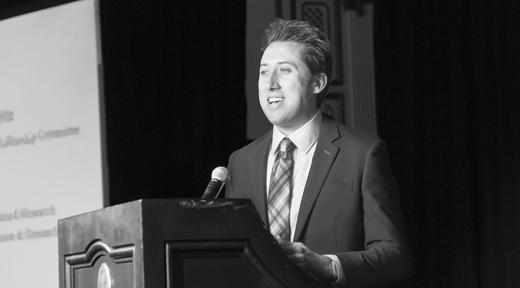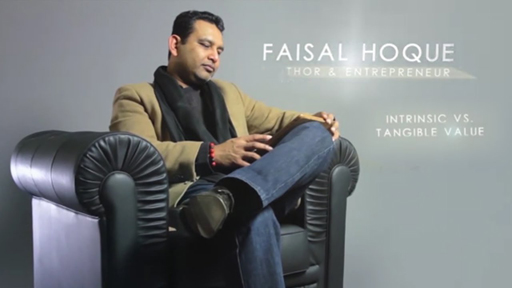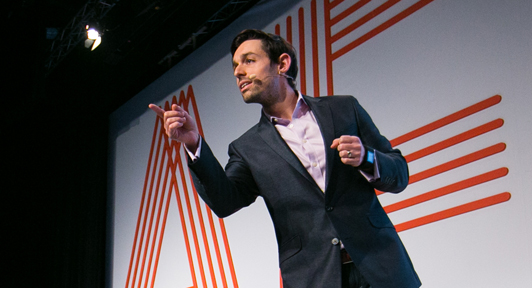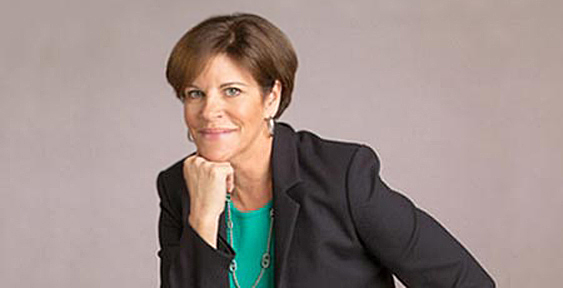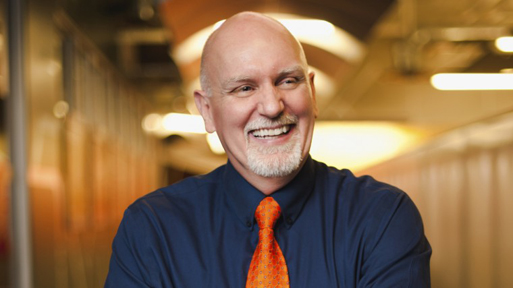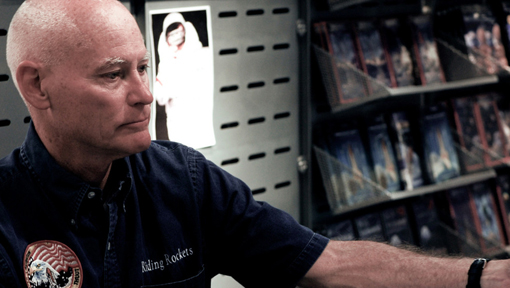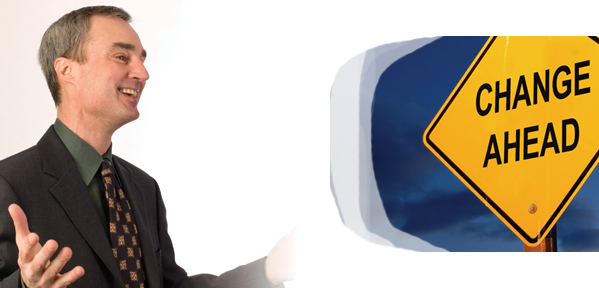
Change Management with Dr. Mark DeVolder
| Research shows that people are much more productive and successful if they are able to stay positive and adapt quickly to challenging situations. | |
| |
 | How can organizations best adapt to change? |
 | I’ve had the opportunity to work with some of the most successful organizations in the world. I’ve noticed a few factors that set them apart. First of all, they don’t debate the question, “Should we adapt to change?” They accept that we live in a VUCA world: Volatility, Uncertainly, Complexity and Ambiguity. And they feel energized in this environment. Secondly, they articulate, adopt and practice company values that enable them to adapt to change. For example they value innovation, commitment to quality and speed. |
 | Would you please share three tips for accelerating performance and productivity? |
 | Research shows that people are much more productive and successful if they are able to stay positive and adapt quickly to challenging situations. But this is not easy to do in a world of constant change. So, I encourage people to focus on three key areas that dramatically accelerate performance and productivity.
First of all, people need to become “change-ready thinkers.” As the term suggests, this is a transformation that begins in the mind and involves a radically different thought process. People who are not change-ready thinkers, often view change as a threat. Change-ready people see change as a challenge and an opportunity. Then, I show people how to practice personal engagement behaviors, enabling them to take responsibility for their own actions and success. Finally, I teach people to stay connected in meaningful ways with friends and colleagues. |
 | What are some of the essential characteristics of successful entrepreneurs? |
 | The character of an entrepreneur is defined by their ability to adapt to change. Entrepreneurs have developed the capacity to reinvent themselves–frequently, easily and quickly. What makes them so successful in business is their ability to be creative, innovative and resilient. |
| In order to interrupt negative responses, I encourage people to “practice deliberate intuitiveness.” | |
| |
 | In your work you discuss the concept of “practicing deliberate intuitiveness” - would you describe what this means and how it applies to organizational development? |
 | Intuitiveness is the ability to know or understand things without proof or evidence. In the world of business, and particularly during extreme change, people tend to be reactionary. This “knee-jerk reaction” can be the result of change saturation and stress. In order to interrupt these negative responses, I encourage people to “practice deliberate intuitiveness.” In other words, to consciously slow down, gain perspective, and assess the situation based on the person’s knowledge, intuition, and circumstances. |
 | You are known as the “change specialist”. How can adapting to change help with transitions? |
 | Learning how to effectively navigate transitions will help people adapt to change more than anything else. In fact, it’s the transitions that people find most difficult.
To be clear, transition is the actual process through which change occurs. It’s where the “work” of change happens. To illustrate this, when a caterpillar transforms itself into a butterfly, the metamorphosis doesn’t happen instantaneously. Rather, the transformation occurs deliberately, dramatically, and slowly. As mentioned above, there is work that must be done during transitions. I define the work during the transition period and teach people how to be agile throughout transitions they face. |

